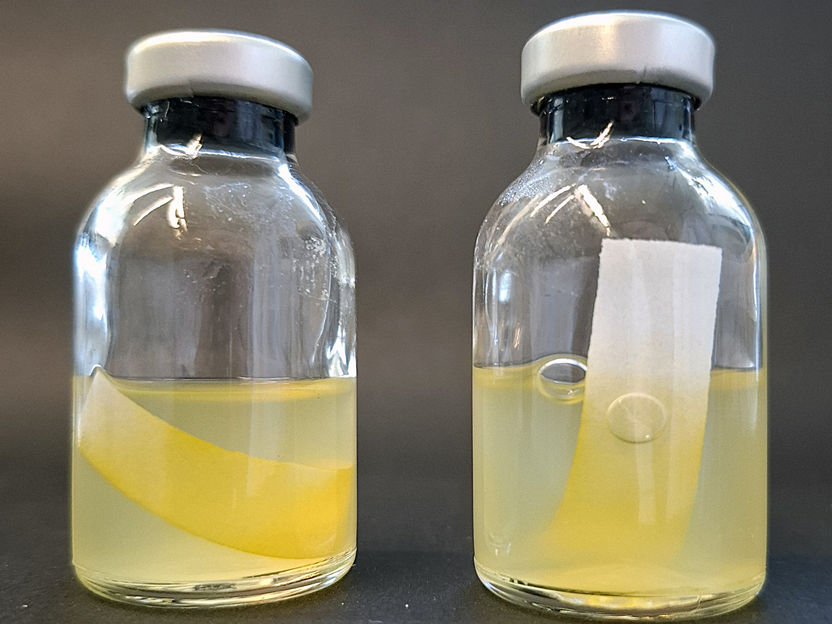DSM and ROQUETTE jointly develop bio-based intermediate for 'green' performance materials
Advertisement
Royal DSM N.V. and the French starch and starch-derivatives company ROQUETTE have joined forces to implement and commercialize the fermentative production of biorenewable succinic acid, which -amongst other applications- opens the possibility to produce bio-based performance materials. By the end of 2009 a demonstration plant in Lestrem (France) will be operational.
Succinic acid is a chemical currently produced as a derivative from crude oil and natural gas. It is commonly used directly in a variety of industry applications, such as pharmaceuticals, food and automotive and also as an intermediate for the production of several (high-performance) polymers.
The bio-based succinic acid will be produced in a fermentative way with the use of renewable resources. The novel production process developed by DSM and ROQUETTE will stimulate further market development of bio-based and biodegradable polymers that use succinic acid as an intermediate.
Fermentation processes with the use of renewable resources are sustainable and will in this case lead to an energy saving of 30-40% compared to a typical chemical process, thus reducing CO2 emissions. As this is the first bio-based production process in which CO2 is actively used in the production, it creates an even bigger positive impact on CO2 emission levels. Fermentative production processes not only lead to positive effects on the environment, they also save money by reducing the need for energy. Thus the bio-based succinic acid is beneficial for both planet and profit.
The current target of the cooperation is to have a demonstration plant in Lestrem (France) operational at the end of 2009. The capacity of this plant will amount to several hundred metric tonnes per year. It is expected that after a successful trial the technology will be transferred to large-scale production within two years.























































